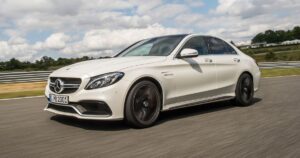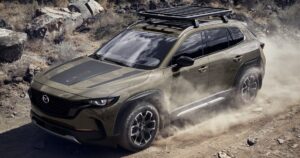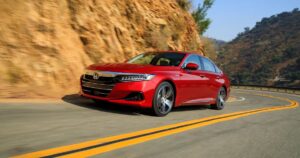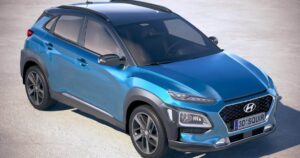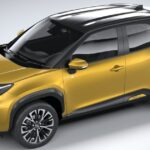Hybrid cars have become a popular choice for environmentally conscious drivers. These vehicles combine a gasoline engine with an electric motor, offering better fuel efficiency and lower emissions.
It uses a battery to store energy for the electric motor. The electric motor powers the car at lower speeds or during light acceleration. The gasoline engine kicks in when more power is needed.
The hybrid car works by switching between electric power and gasoline. The system decides which power source is more efficient at a given moment. The battery charges through regenerative braking or the gasoline engine.
Do Hybrid Cars Have A Backup Battery?
The hybrid cars typically have a backup battery. The backup battery powers the vehicle’s electrical systems, such as lights, radio, and air conditioning. It is separate from the main hybrid battery that powers the motor. Hybrid cars do have a backup battery. This battery helps power the electric motor.
It stores energy when the car is braking. The backup battery is smaller than the main battery. It kicks in when extra power is needed. The battery works alongside the gas engine. It improves fuel efficiency. Some hybrid cars use lithium-ion batteries. These batteries are rechargeable.
Types Of Batteries in Hybrid Cars
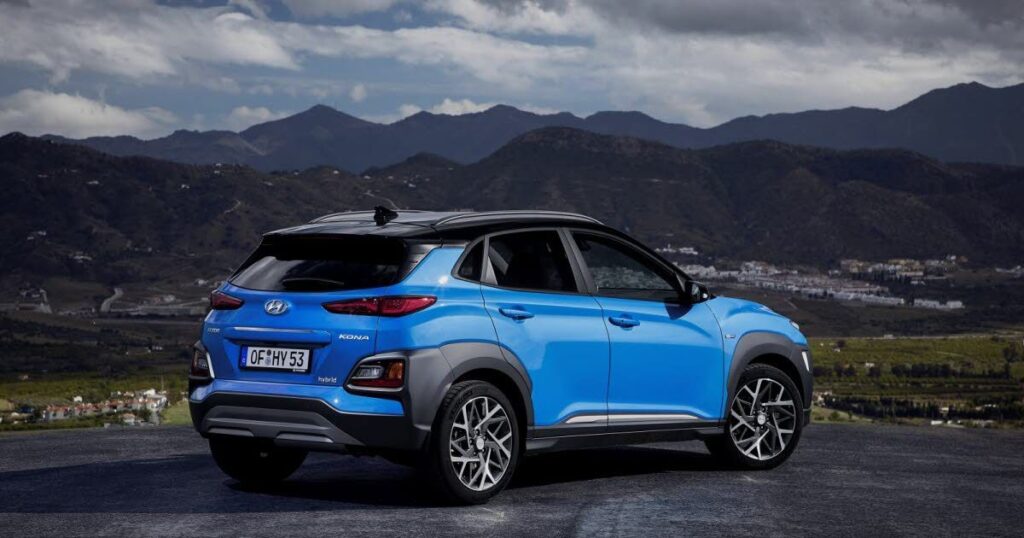
Backup power is essential for hybrid cars. It ensures that the car runs smoothly even if the main power source fails. Hybrid cars rely on both gasoline and electric power. Backup power helps maintain the vehicle’s performance in any situation.
The batteries in hybrid cars can be of two main types
- Hybrid Drive Battery: This battery powers the electric motor and provides energy for driving.
- Auxiliary Battery: This battery handles electrical components like dashboard lights and power windows.
Why Backup Power is important For Hybrid Cars?
The backup power ensures the car’s essential systems keep working. It provides power for safety features like airbags and emergency lights. The backup battery is vital in case the main hybrid battery fails. Backup power is essential for hybrid cars. It ensures that the car runs smoothly even if the main power source fails.
Hybrid cars rely on both gasoline and electric power. Backup power helps maintain the vehicle’s performance in any situation. It also provides energy during peak demand times, like when driving uphill. Backup power prevents the battery from draining completely.
Safety Features Supported By Backup Power
Backup power systems play a crucial role in safety. They ensure that essential equipment continues to function during power outages. Lights stay on, reducing the risk of accidents. Security systems remain active, protecting property.
Fire alarms stay operational, alerting people to danger. Medical devices stay powered, supporting patient care. Communication systems stay open, helping people stay informed. Elevators remain functional, preventing people from being trapped.
The backup power supports crucial safety features like
- Airbags
- ABS brakes
- Stability control systems
Charging Systems in Hybrid Cars
The charging systems in hybrid cars are vital for their operation. These systems combine traditional fuel engines and electric motors. The battery in a hybrid car powers the electric motor. It charges through regenerative braking or a direct plug-in.
Regenerative braking converts braking energy into electricity. This energy is stored in the battery for later use. Plug-in hybrid cars use external charging stations. These stations provide quicker and more reliable charging.
- Regenerative braking.
- Internal combustion engine.
- Plug-in charging (for plug-in hybrids).
Hybrid cars use advanced software to manage energy flow. This ensures efficiency and reduces fuel consumption.
Do Plug-In Hybrids Have Better Backup Systems?
The plug-in hybrids have larger batteries and may feature advanced backup systems. These systems provide more extended functionality and support. Plug-in hybrids often have better backup systems compared to traditional cars. The design includes both an electric motor and a gasoline engine.
The electric motor provides an initial power source. If the battery depletes, the gasoline engine activates seamlessly. It ensures drivers are not stranded unexpectedly. These systems often include advanced regenerative braking features. This helps recharge the battery while driving.
Can Hybrid Cars Backup Systems Fail?
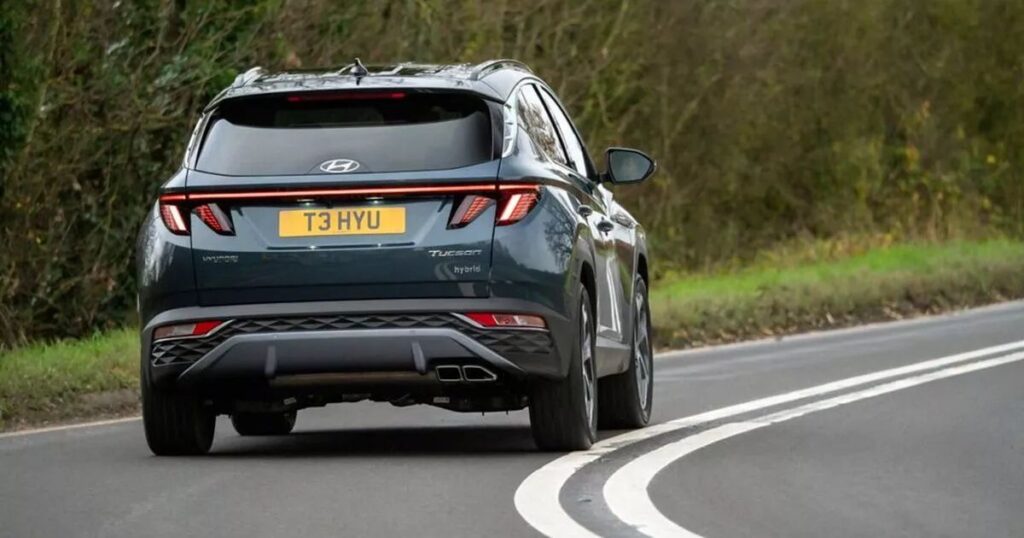
Backup systems in hybrid cars are designed to be reliable. But failures can happen due to wear and tear. Regular maintenance minimizes this risk.
- Hybrid cars are known for their efficiency and they use both an electric motor and a gasoline engine.
- The backup systems in hybrid cars help ensure smooth operation.
- These systems switch between the electric motor and gasoline engine as needed.
- However, the backup systems can sometimes fail and this may happen due to electrical issues or software problems.
In rare cases, mechanical failures in the engine or motor could also cause problems. When the backup system fails, the car may struggle to operate efficiently. Regular maintenance can help prevent these issues.
Common Problems with Hybrid Backup Power
The hybrid backup power systems face some common problems. The installation process can be complex. It often requires professional expertise.
The common issues include
- Reduced battery life due to extreme temperatures.
- Failure of auxiliary systems.
- Increased maintenance costs over time.
- The cost of these systems can be high.
- Some setups face compatibility issues with existing grids.
- The battery lifespan may be shorter than expected.
- It can lose efficiency over time.
Power outages might still occur in extreme cases. Users may experience performance fluctuations. These challenges require careful planning and management.
How Reliable Are Hybrid Backup Systems?
The backup systems in hybrids are reliable and durable. Regular servicing ensures they function well. The advanced technology in modern hybrids further improves reliability. The hybrid backup systems combine cloud and local storage. It ensures data safety in multiple locations.
The system provides quick access to backups when needed. It reduces the risk of data loss from single-point failures. The local storage allows fast recovery in emergencies. It balances cost and performance effectively. The system works well for businesses of all sizes. The reliability depends on its setup and maintenance.
Frequently Asked Questions
Do all hybrid cars come with a backup battery?
The most hybrid cars have a backup battery. It powers auxiliary systems and ensures safety.
Can I replace a hybrid backup battery myself?
The replacing a hybrid backup battery should be done by professionals. It ensures proper installation and avoids damage.
How often should hybrid batteries be serviced?
The hybrid batteries should be serviced every 10,000 to 15,000 miles. Regular maintenance ensures longevity and reliability.
What happens if both hybrid and backup batteries fail?
The car may become non-functional if both batteries fail. Immediate replacement is necessary for continued use.
Conclusion
The hybrid cars are equipped with backup power systems to support essential functions. These systems enhance reliability, safety, and efficiency. Regular maintenance and proper usage ensure the longevity of both main and backup batteries.
Hybrid technology continues to evolve, promising even better solutions for future vehicles. The most hybrid cars have a backup battery. It powers auxiliary systems and ensures safety.

Hello, Ride here I’m excited to share everything about hybrid cars. We provide helpful Tips And guide about hybrid cars.

